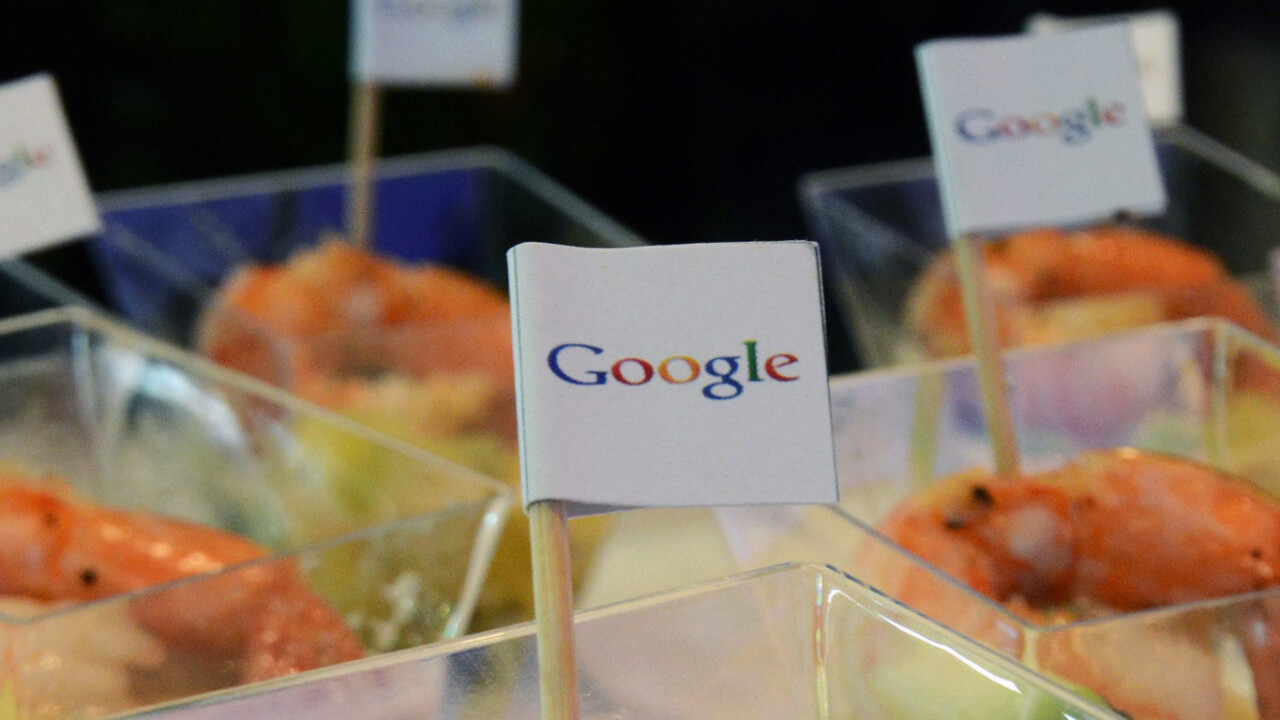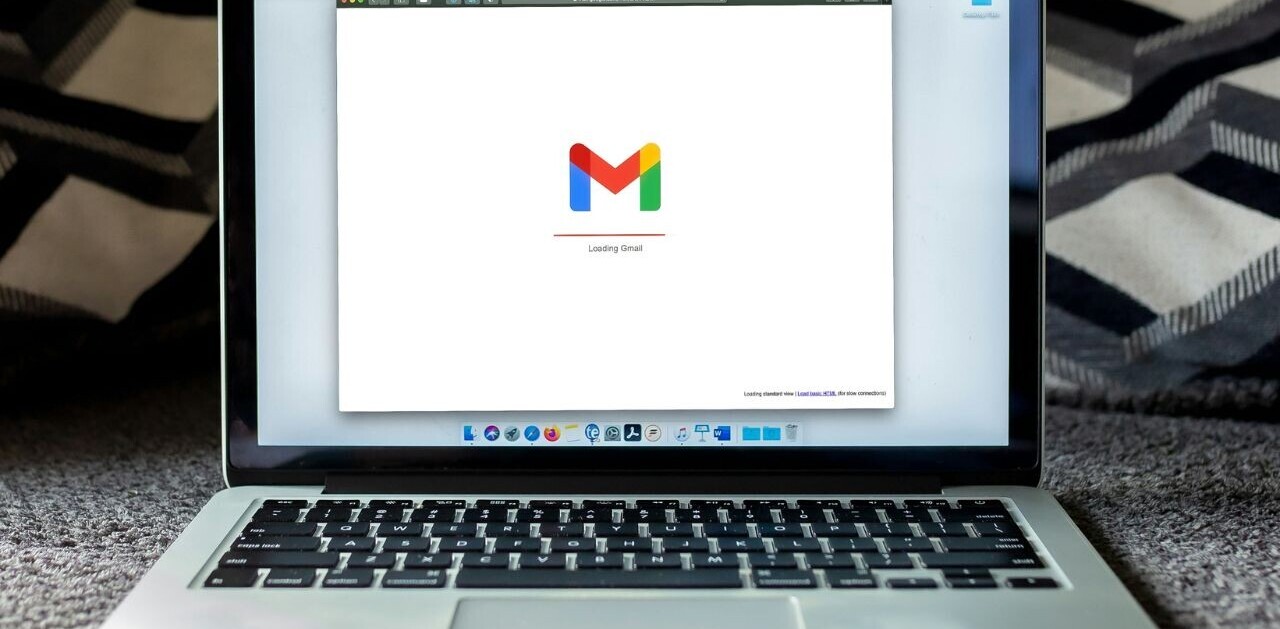
Earlier this fall, Google wished itself a happy 15th birthday. There was pomp, circumstance, and of course, a Google doodle. And the company has every right — if there ever was any doubt about its dominance, it’s gone now.
But how does a company founded by two grad students become one of the most powerful businesses on the planet?
In order to find out, I asked a panel of successful entrepreneurs from the Young Entrepreneur Council the following question:
What do you think a main factor in Google’s ongoing success has been, and how can startups incorporate that principle?
Here’s what they had to say.
 1. Intrapreneurship
1. Intrapreneurship
No one is better than Google at fostering constant, free-flowing development of new products and processes alongside the organization’s regular operations. Say what people will about the pitfalls. Twenty percent of time time, Google has used it to stay at the top of the innovation game and keep the smartest people in the business in house.
– Alexandra Levit, Inspiration at Work
 2. Satisfy Consumers and Satisfy Advertisers
2. Satisfy Consumers and Satisfy Advertisers
Like Google, most businesses have more than one type of user contributing to its success. For example, Google has consumer users (searchers) and business customers (advertisers). Google has done a great job of satisfying both user groups. Google not only has the best search engine, but also it has the most effective online advertising products (in my opinion, at least).
How can you model Google’s success? Even if you only have one type of customer, I guarantee there are other people contributing to your success (such as referral partners). Take care of them, and they’ll take care of you!
– Pete Kennedy, Main Street ROI
 3. Constant Questioning
3. Constant Questioning
Google is always leading the charge with new technology and trends. It doesn’t stop at what is deemed possible today because it thinks years ahead to question what is considered feasible.
Google’s Larry Page often discusses the importance of Google’s “moon shot” projects, such as self-driving cars, augmented reality and more. Google is always defining what is next by exploring new spaces in the technology field. Google succeeds because it knows what’s coming before the majority of the industry does.
With great passion, Google can chase impossible technologies to make them possible.
– Doreen Bloch, Poshly Inc.
 4. Relentless Innovation
4. Relentless Innovation
Google has always been on the forefront of developing markets. In fact, it promotes a culture of innovation that allows it to be flexible with the changing market and consistently deliver products and services that people want.
Many other companies simply get comfortable with “what works” and are scared to move away from the original working formula. The result: those companies miss the boat while Google and other companies take advantage of the opportunity and gain market penetration early. For instance, Android being offered for free to mobile phones puts Google apps in millions of phones.
– Andy Karuza, Brandbuddee
 5. Focus on One Service First
5. Focus on One Service First
I think what Google did well – and I don’t think this should come as a surprise to anyone – is they focused on one service and they simplified it, setting themselves apart from the competition. Once “Google” was a household name, they had power and inertia to throw behind other pet projects.
– Rakia Reynolds, Skai Blue Media
 6. Research and Development
6. Research and Development
Uniqueness of its product and lack of meaningful competition is part of it. I love how Google innovates every single day and is not afraid to spend money on projects that may never pay off.
It might be hard for startups to replicate, but large companies should spend more money on research and development and worry less about immediate returns.
– Yuriy Boykiv, Gravity Media
 7. Acceptance of Failure
7. Acceptance of Failure
With all of Google’s success, they’ve still developed products that weren’t big hits and were shut down (e.g., Google Wave and Google Buzz). Part of Google’s long-term success has been building a team that’s not afraid to fail — one that continually learns from failed product launches.
– Rob Emrich, PaeDae
8. Actionable Data
 Google has been very successful in collecting usage data of every product it has put out to market. More importantly, Google has been measuring the collected data to understand how to make its products better, or in some cases, if it should scrap products all together.
Google has been very successful in collecting usage data of every product it has put out to market. More importantly, Google has been measuring the collected data to understand how to make its products better, or in some cases, if it should scrap products all together.
This method of creating actionable data has helped guide the company through 15 years of innovation.
– Phil Chen, Givit
 9. Employees’ Ability to Create and Innovate
9. Employees’ Ability to Create and Innovate
Google lets its employees spend one day a week (20 percent of their work time) focusing on their own projects, which has contributed to 50 percent of Google’s product offerings. Setting aside this time to not focus on to-do lists and tasks but on creative and innovative solutions has clearly proven to be successful.
Startups can incorporate this by offering employees some flexibility and say in the projects they take on — ultimately giving them a sense of autonomy and purpose within the scope of the entire organization.
– Fabian Kaempfer, Chocomize
10. Work-Life Balance
 I’m a huge Google advocate. I use all of Google’s products, and I have multiple friends who work there. I believe Google’s major success has always been the work environment it has created for employees.
I’m a huge Google advocate. I use all of Google’s products, and I have multiple friends who work there. I believe Google’s major success has always been the work environment it has created for employees.
Every time I visit my friends for lunch on the Google campus, all different groups sit, eat and collaborate with one another not because they’re getting paid to, but because the atmosphere they’ve created encourages it.
– Andrew Vest, Preferling
 11. Advertising
11. Advertising
Advertising is a major element of the Google enterprise. The company chose a massive market, successfully disrupted it and increased the point of entry for companies around the world.
– Rameet Chawla, Fueled
 12. Simplicity
12. Simplicity
Google has focused on making technology easy. The user interface is streamlined, navigable and intuitive, and it is supported by a strong backend.
Businesses are always trying to think of the value-add: what else can we give the consumer? But, the key is to figure out what the consumer wants and then to do that one thing really well. Consumers want things to be easy; they don’t need a lot of bells and whistles.
 13. Protection of Startup Practices
13. Protection of Startup Practices
Google has managed to remain nimble and operate like a startup despite becoming so large. The company is like a welterweight that beefs up to heavyweight but never forgets how to move.
Google continues to churn out all kinds of groundbreaking new products while somehow managing to protect its creativity from being stifled by corporate bureaucracy and politics, which is incredibly rare (and welcome) to see.
– Danny Boice, Speek
 14. Search
14. Search
Google is (and probably always will be) driven by search. It’s the most effective lead generator and user acquisition engine on the Internet. It also allows Google to convert users to its different products, services and tools in a way no one else can.
– Derek Flanzraich, Greatist
Image credit: SAM YEH/AFP/Getty Images
Get the TNW newsletter
Get the most important tech news in your inbox each week.





